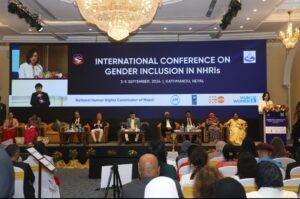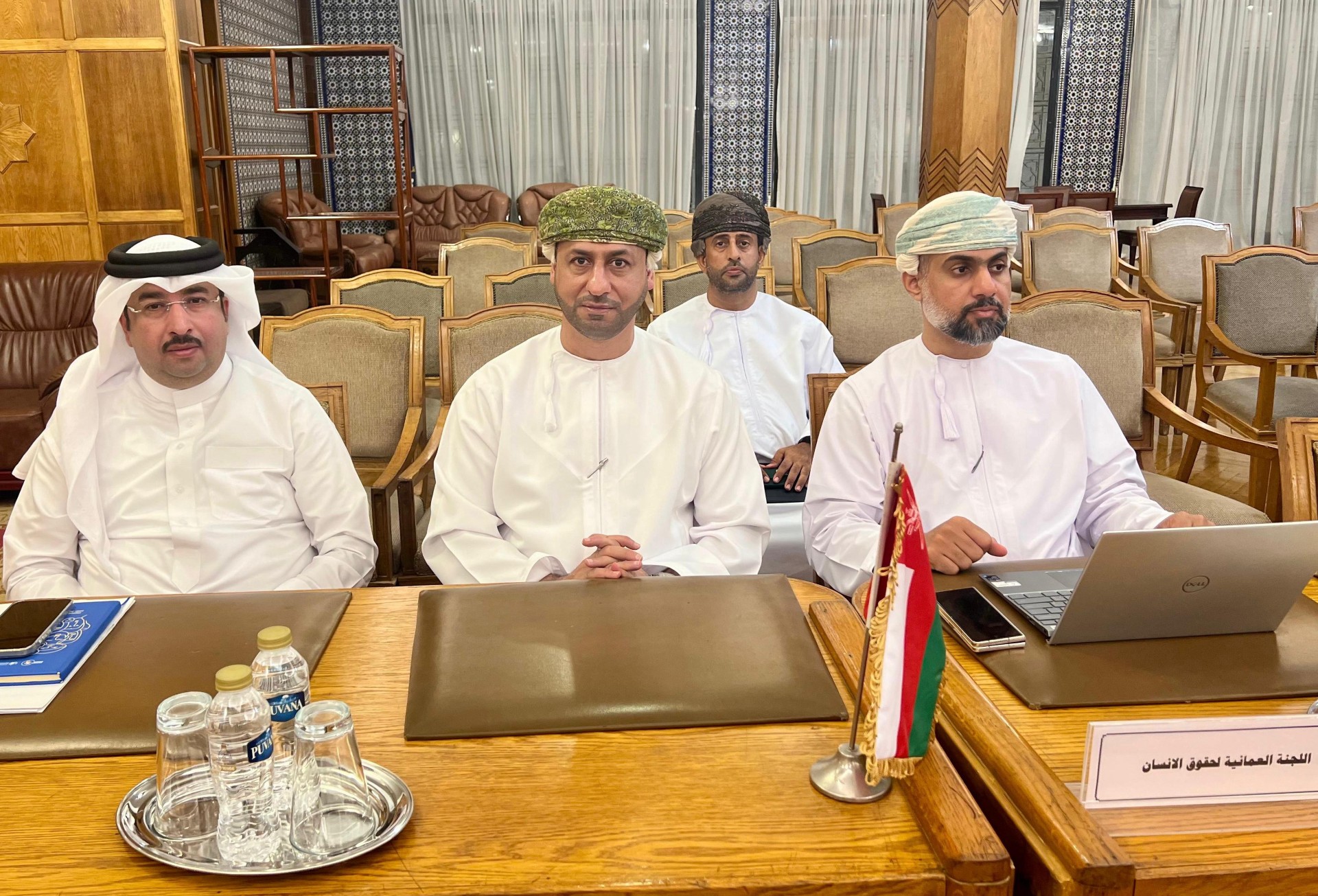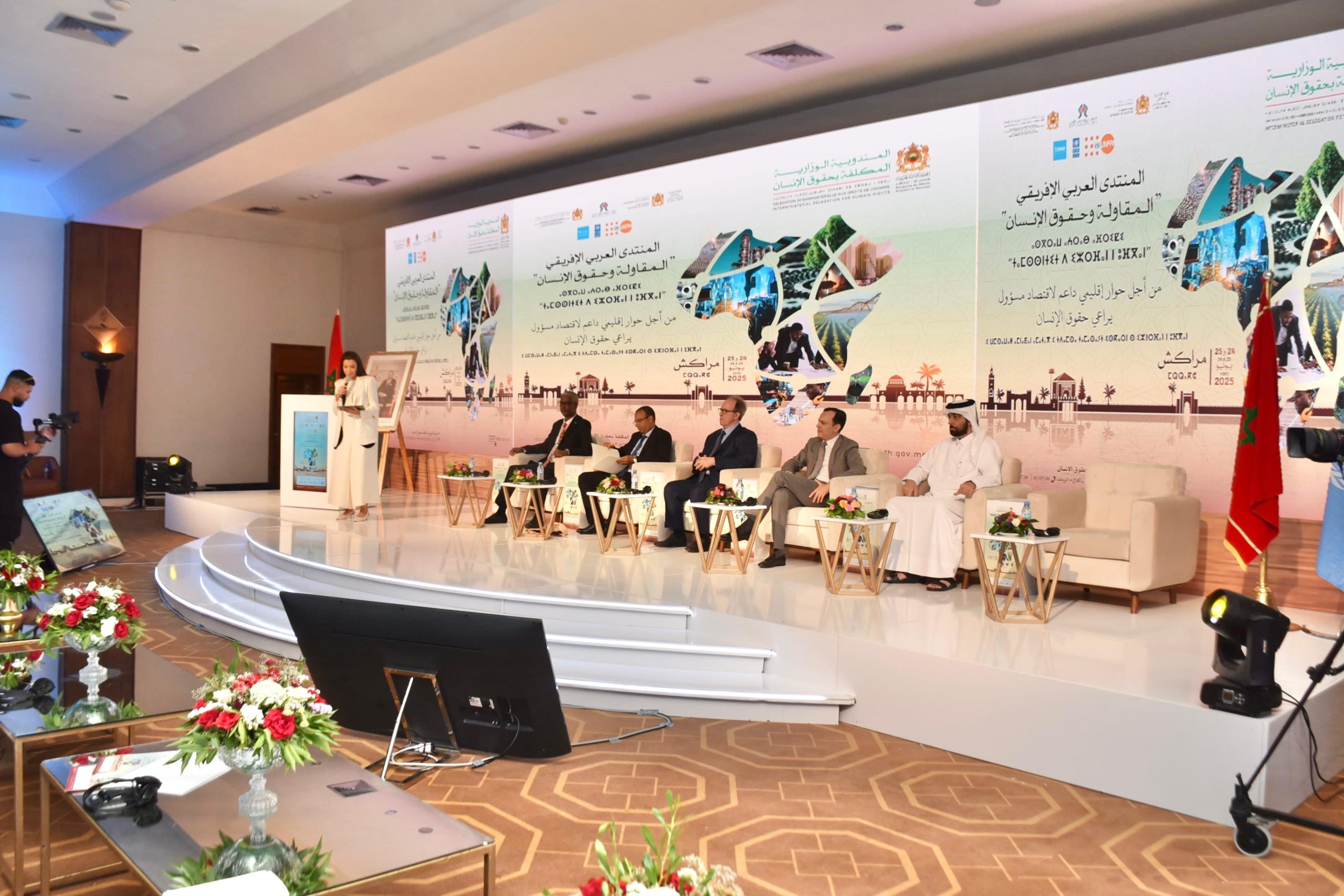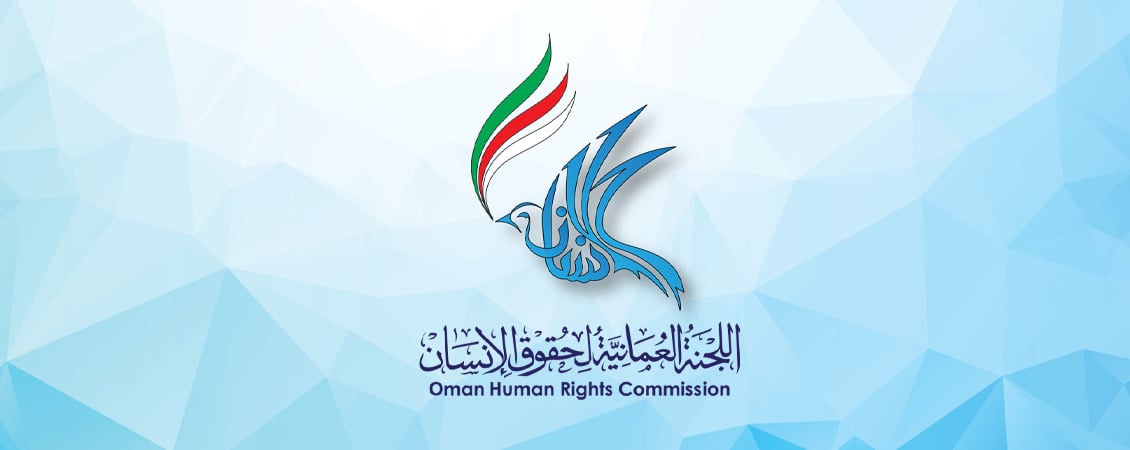The three-day conference discussed topics such as the importance of pluralism in the context of gender equality within national human rights institutions, the progress made by National Human Rights Institutions in implementing the Amman Declaration and its impact on promoting human rights, in addition to integrating gender into the plans, policies, and practices of national human rights institutions, discussing other aspects to make national human rights institutions gender-inclusive, and addressing gender stereotypes and biases in the workplace.
The conference aimed to bring together national human rights institutions from the Asia-Pacific region to discuss, share, and adopt the Kathmandu Declaration on Gender Equality as a roadmap for implementing strategies and actions to mainstream gender within national human rights institutions. It also addressed the systemic barriers preventing gender equality in both internal and external operations and prioritized gender equality in addressing emerging global issues. Additionally, the conference sought to enhance dialogue, share best practices, and advocate for measures to promote gender integration within national human rights institutions and their external activities, aiming for more inclusive and equitable frameworks for the protection of human rights globally.






